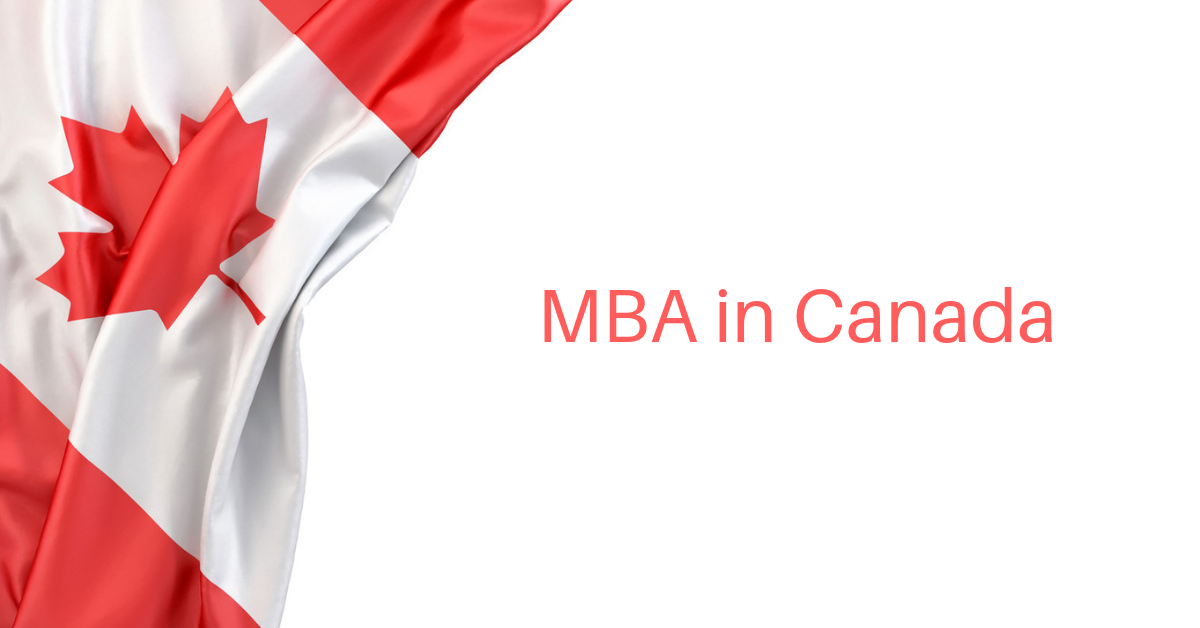Starting an MBA program internationally is an exhilarating endeavor, offering a wealth of opportunities for personal and professional growth. However, navigating the application process can appear daunting. Worry not! Here’s a comprehensive guide to assist you through the essential steps, ensuring a smoother journey from eligibility criteria to managing costs. Pursuing an MBA abroad opens doors to a global perspective, fostering invaluable insights into international business practices.
To commence this transformative experience, start by researching renowned universities, examining program structures, and understanding admission prerequisites. Consider factors like location, faculty expertise, and alumni networks to align your choice with career aspirations. Additionally, explore scholarship options and financial aid to optimize cost management. Smart strategies, such as early application submission and thorough preparation for entrance exams, can enhance your chances of securing admission. With this guide in hand, embark on your MBA application journey with confidence, knowing that each step brings you closer to a rewarding and impactful academic pursuit abroad.
Eligibility Requirements:

- Educational Background: Most MBA programs require a bachelor’s degree from a recognized institution. Some may specify a minimum GPA or class ranking.
- Work Experience: Many top MBA programs prefer candidates with relevant work experience. The average is around 2-5 years, but requirements vary.
- Entrance Exams: Most institutions require standardized test scores, such as the GMAT or GRE. Check the specific requirements of your chosen programs.
- Language Proficiency: As many MBA programs are taught in English, you may need to demonstrate proficiency through tests like the TOEFL or IELTS.
- Letters of Recommendation: Prepare strong recommendation letters from professional contacts who can vouch for your capabilities and potential.
- Statement of Purpose (SOP) or Essays: Craft compelling essays outlining your career goals, why you want to pursue an MBA, and what you bring to the program.
Costs of an MBA Abroad:
- Tuition Fees: MBA tuition fees vary widely. Top-tier institutions often have higher fees. Research thoroughly and consider the program’s reputation and potential return on investment.
- Living Expenses: Factor in accommodation, food, transportation, and miscellaneous expenses. Living costs vary based on the country and city.
- Books and Materials: Include costs for textbooks, software, and any additional materials required for your coursework.
- Health Insurance: Many countries require international students to have health insurance. Check if it’s provided by the institution or if you need to arrange it independently.
- Travel Expenses: Account for round-trip airfare, visa fees, and any other travel-related costs.

How to Reduce Costs:
- Scholarships and Grants: Research and apply for scholarships offered by the institution, government, or private organizations. Many universities offer merit-based scholarships.
- Assistantships and Internships: Some programs offer teaching or research assistantships, providing a stipend or tuition reduction. Look for internships that may also offer financial benefits.
- Part-Time Work: Check regulations in your host country. Some places allow international students to work part-time during their studies.
- Early Applications: Some institutions offer fee waivers or discounts for early applicants. Plan ahead and submit your application in advance.
- Consider Affordable Destinations: Opt for countries with a lower cost of living. This doesn’t mean compromising on quality; many countries offer excellent education at a fraction of the cost.
- Dual-Degree Programs: Explore programs that offer dual degrees or joint ventures with other institutions. This can provide a cost-effective way to gain additional qualifications.
- Look for Financial Aid Programs: Some institutions have financial aid programs to assist students facing economic challenges. Inquire about these opportunities.
Also Read: Cheapest or Affordable Countries to Study MBA Abroad for Indian Students
Conclusion:
Applying for an MBA abroad is a significant undertaking, but with careful planning, research, and strategic decision-making, you can navigate the process successfully. Understand the eligibility requirements, budget for costs, and explore avenues to reduce your financial burden. Remember, investing in your education is an investment in your future, and with the right approach, you can make your MBA dreams a reality. Good luck!
MBAStudyAbroad stands as your dedicated companion on this transformative academic journey. With a wealth of information and resources, this one-stop platform ensures that aspiring candidates are equipped with the knowledge and guidance needed to navigate the intricacies of pursuing an MBA abroad. From program details and admission insights to financial aid and cultural assimilation tips, MBAStudyAbroad is committed to empowering students with the tools necessary for a successful and enriching international education experience. Embark on your MBA adventure with confidence, supported by a platform that prioritizes your academic aspirations and global career goals.





